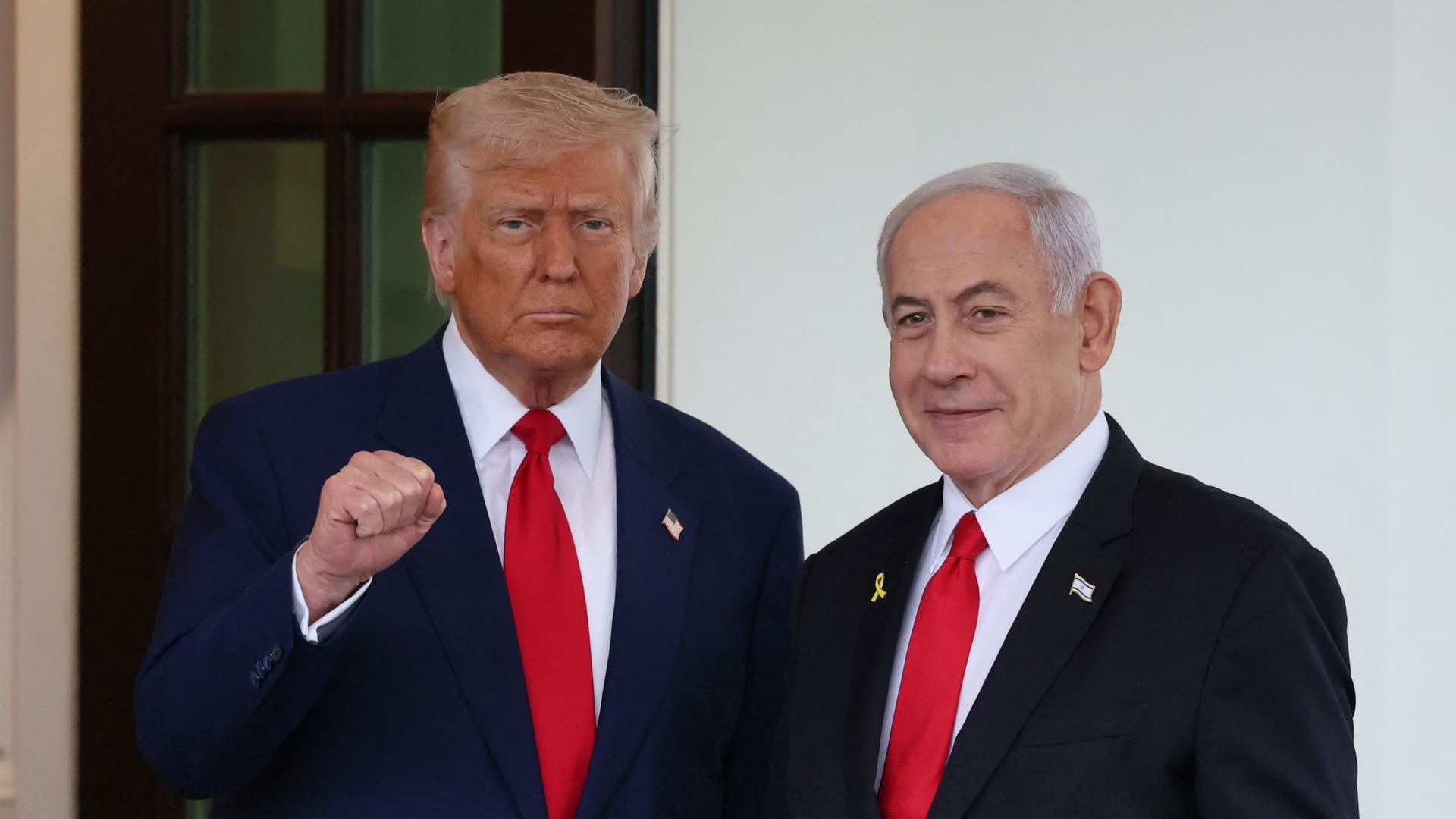
Ugandan President Yoweri Museveni has confirmed he will contest next year’s presidential election, setting the stage for a potential extension of his nearly 40-year rule.
The 80-year-old announced late on Saturday that he had expressed his interest “in running for … the position of presidential flag bearer” for his National Resistance Movement (NRM) party.
list 1 of 3
The woman raising 98 children with disabilities in Uganda
list 2 of 3
Zohran Mamdani set to become Democratic candidate in New York mayoral race
list 3 of 3
DRC and Rwanda to strike Trump-brokered peace deal: All to know
end of list
Museveni seized power in 1986 after a five-year civil war and has ruled ever since.
The NRM has altered the constitution twice to remove term and age limits, clearing the way for Museveni to extend his tenure.
Rights groups accused him of using security forces and state patronage to suppress dissent and entrench his power – claims he denies.
Museveni said he seeks re-election to transform Uganda into a “$500bn economy in the next five years”. According to government data, the country’s current gross domestic product stands at just under $66bn.
Ugandans are due to vote in January to choose a president and members of parliament.
Opposition leader Bobi Wine, a pop star-turned-politician whose real name is Robert Kyagulanyi, has confirmed he will run again. Wine rejected the 2021 results, alleging widespread fraud, ballot tampering and intimidation by security forces.

Tensions have risen in recent months after parliament passed a law allowing military courts to try civilians, a practice the Supreme Court ruled unconstitutional in January.
Advertisement
The government insisted the change is necessary to tackle threats to national security, but rights organisations and opposition figures argued it is a tool to intimidate and silence critics.
Uganda for years has used military courts to prosecute opposition politicians and government critics.
In 2018, Wine was charged in a military court with illegal possession of firearms. The charges were later dropped.
Human Rights Watch (HRW) has criticised Uganda’s military courts for failing to meet international standards of judicial independence and fairness.
Oryem Nyeko, senior Africa researcher at HRW, said this year: “The Ugandan authorities have for years misused military courts to crack down on opponents and critics.”
British Caribbean News

